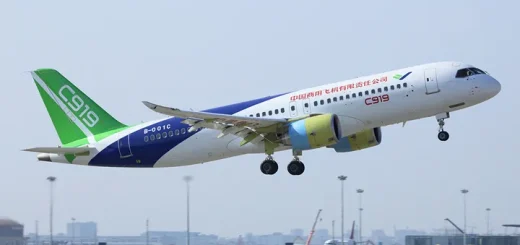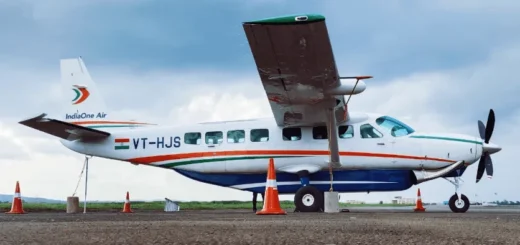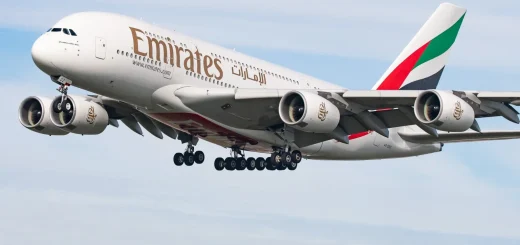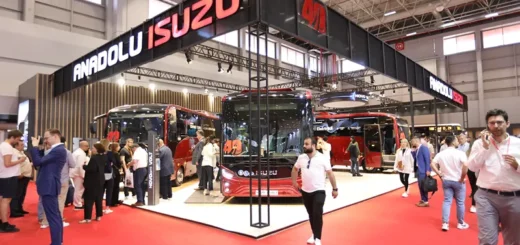ATR 72-600: Fuel efficient, sustainable aircraft for regional aviation
The ATR 72-600 stands out as a market-leading regional aircraft due to its superior fuel efficiency and low CO₂ emissions, recently validated by EASA CS-Co2 certification.
In times of increasing operating costs and cut-throat competition for airlines, the ATR 72-600 is setting new benchmarks for sustainability in the regional aviation market. The twin-engine turboprop aircraft is heralded for its unrivalled fuel efficiency and lower Co2 emissions, while also offering accessibility to remotest locations.
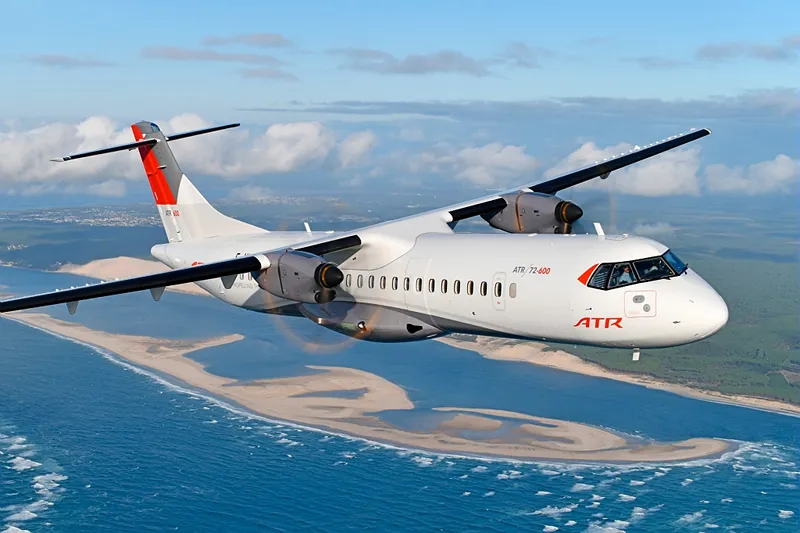
A key credential for the ATR 72-600 is its EASA CS-Co2 certification, a significant milestone that validates its low-emission design. This certification, based on the latest ICAO Co2 efficiency standards, recognizes that the aircraft outperforms the “new type” criteria by more than 20 percent. It is also the only aircraft in its category to meet the EU-Taxonomy Co2 efficiency standards, well in advance of 2028 regulatory mandate.
Related: Bombardier Global 8000: World’s fastest business jet completes maiden flight
The certification is not just regulatory achievements, but a sign of tangible benefits to the operators. The ATR 72-600 burns up to 45 percent less fuel and emits 45 percent less CO₂ compared to similar-sized regional jets on a typical 300 NM trip. This directly leads to lower operating costs, with potential yearly savings of up to $2 million per aircraft, as per the company’s claims.
The aircraft’s efficiency is further enhanced by its lighter structure, optimized speed, and an engine designed specifically for short-sector flights. Recent improvements to the aircraft, especially with the introduction of the new Pratt & Whitney Canada PW127XT engine in 2021, offers a 3 percent reduction in fuel consumption and a 20 percent cut in maintenance costs over its predecessor.
In addition, ATR is also a pioneer in the use of Sustainable Aviation Fuels (SAFs), successfully completing the first commercial test flight with 100 percent SAF in both engines, and is actively working to make SAF more accessible for its operators. A hybrid-electric propulsion ‘ATR EVO’ concept is also in the making to embrace sustainability to the next level!
Related: Boeing 787 Dreamliner: The widebody airliner reshaping global air travel
Moreover, the economic efficiency of the ATR 72-600 makes it financially viable for airlines to maintain and open new routes, resulting in an overwhelmingly positive feedbacks from regional operators. For instance, Rise Air and JCAS Airways have selected ATR 72 for its ability to operate reliably and affordably in challenging and remote routes.

